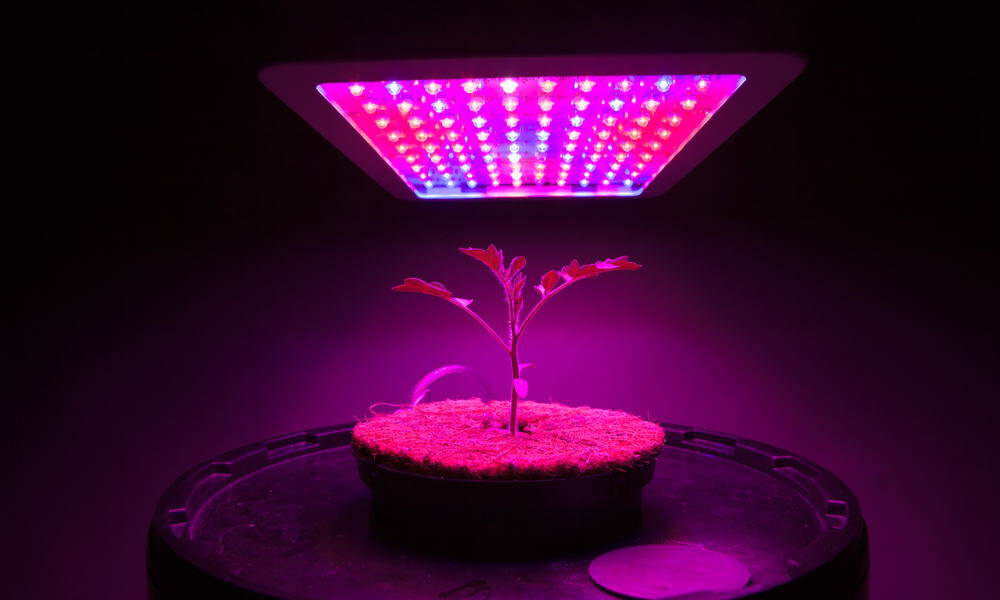
Healing properties of CBD-based products finally start to gain worldwide attention. Many benefits of this natural phenomenon have already been identified, including anti-inflammatory, neuroprotective and antioxidant, to name a few.
Hemp markets are booming: due to the high demand for CBD oil – it is going to reach up to $44.4 billion by 2024. Each day, there are hundreds of Google searches in the UK alone on the health benefits of CBD, proper CBD dosage, and so on.
Meanwhile, natural medicine defies big pharma economics, as more people start to realise that the drugs they get prescribed sometimes may cause a bunch of side effects and damage their body even more than the illness itself. For that reason, more and more people turn their sight towards plant-based medicine with low toxicity, but high molecular complexity. And that is where CBD comes into play: a highly safe supplement of the people, for the people.
This article is dedicated to all-sided research of full-spectrum CBD oil and its health benefits. We will touch the matter of chemical compounds of full-spectrum CBD oil, briefly go through different types, as well as, define their advantages, and find out what dosage is the most optimal. Last but not least, we will find out what stands behind the legal status of full-spectrum CBD products in the United Kingdom. By the end of reading this article, you will have a deep understanding of the healing properties of CBD and other natural cannabinoids, and with clear vision decide which type of product suits you the most.
Taking into consideration that there is a number of controlled substances in full-spectrum CBD oil, we will make sure to provide you with the latest updates from governmental sources, so that you can be on the safe side.
Important note: We do not promote the use of alternative medicine instead of prescribed medical treatment by your doctor. We only highlight the benefits of CBD-based products as food supplements. Please, consider contacting your doctor for consultation.
So, before learning all the benefits of full-spectrum CBD oil, let’s start from the basics.
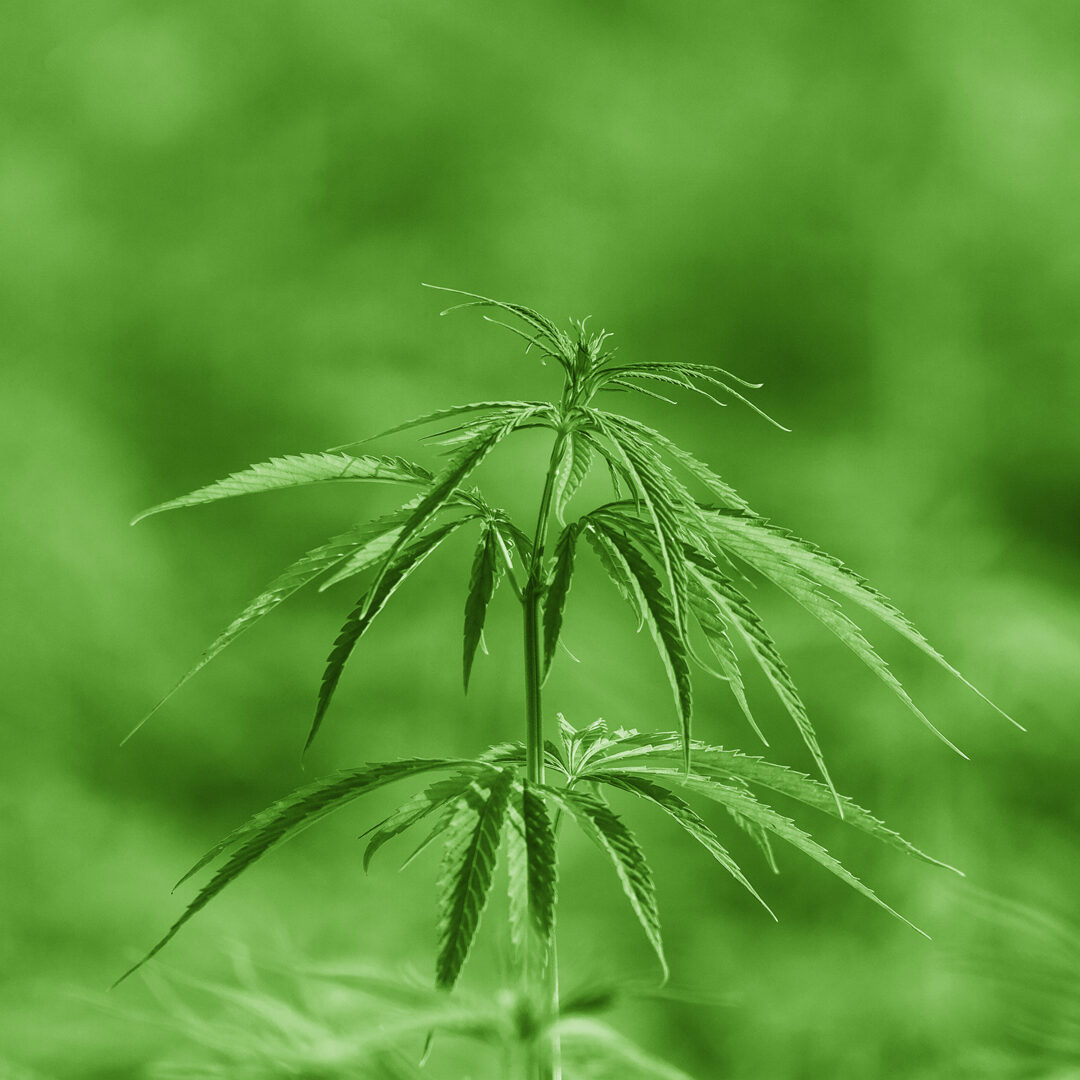
In addition to CBD and THC, it is estimated that the cannabis plant (Cannabis sativa, to be more precise) consists of over 400 chemical entities, of which more than 60 are phytocannabinoid compounds.
CBD and THC stand aside and form the most well-known pair. CBD was first discovered in 1940, while THC was found only 20 years later.
CBD is a short form for cannabidiol, a major constituent that naturally occurs in the cannabis plant. Medical marijuana is a great source of CBD, but this way of extraction imposes additional restrictions, and producers are obliged to follow medical and recreational laws. Because of this, all CBD products available for public sale are sourced from hemp.
Unlike THC or delta-9-tetrahydrocannabinol, the primary psychoactive element, CBD alone does not contain psychoactive properties. Therefore, it does not have a significant effect on cognitive activity, or simply saying it will not make you “high.” Instead, it has a bunch of therapeutic benefits.
Interestingly, CBD and THC molecules are no alien to our body structure. Mimicking our endocannabinoids has an impressively long history in our evolutionary development: around 500 million years to be “precise.” Only in the beginning of the 1990’s, scientists found the so-called endocannabinoid system, which regulates the work of cannabis-like neurotransmitters. These receptors are present throughout our body: starting from skin tissues and finishing with bones. We also have it in common with the rest of the wildlife.
Endocannabinoid system is partially responsible for the immune system, pain-sensation, mood, appetite, cognitive functions and metabolism.
On a chemical level, the THC-like cannabinoids act on CB1 or CB2 receptors, whereas CBD-like cannabinoids have a little binding affinity, leaving their role in inhibition incompletely understood. Data suggest in vitro application of CBD inhibits signalling through GPR55 and TRP channel superfamily members and in vivo oral administration is dose-dependently reducing pro-inflammatory cytokine release. Along with other endocannabinoids and enzymes, they are responsible for their own biosynthesis, degradation, and re-updating constitute the endocannabinoid system.
THC can mediate the effects of the neurotransmitter serotonin by decreasing 5-HT3 receptor neurotransmission. This action contributes to the reduction of nausea. Synthetic analogues of THC are prescribed for the suppression of nausea and vomiting produced by chemotherapy. THC protects the brain from various neuronal insults and improves the symptoms of neurodegeneration. Like CBD, THC can offer non-ECS protection by a direct effect on neuronal cells, and non-neuronal elements within the brain. Mechanisms include modulation of synaptic plasticity, modulation of immune responses and the release of anti-inflammatory mediators.
Among other chemical entities of full-spectrum CBD oil, there are omega acids, terpenes and flavonoids. Terpenes, for instance, are known for their potential in treating cardiovascular diseases and even cancer.
A group of researchers conducted a study in 2015 and discovered that CBD has the capacity to make fractured bones stronger while they heal and thus not only strengthening fracture sites and making them harder to break in the future, but also speeding and healing the process itself.
CBD oil types – differences and peculiar properties
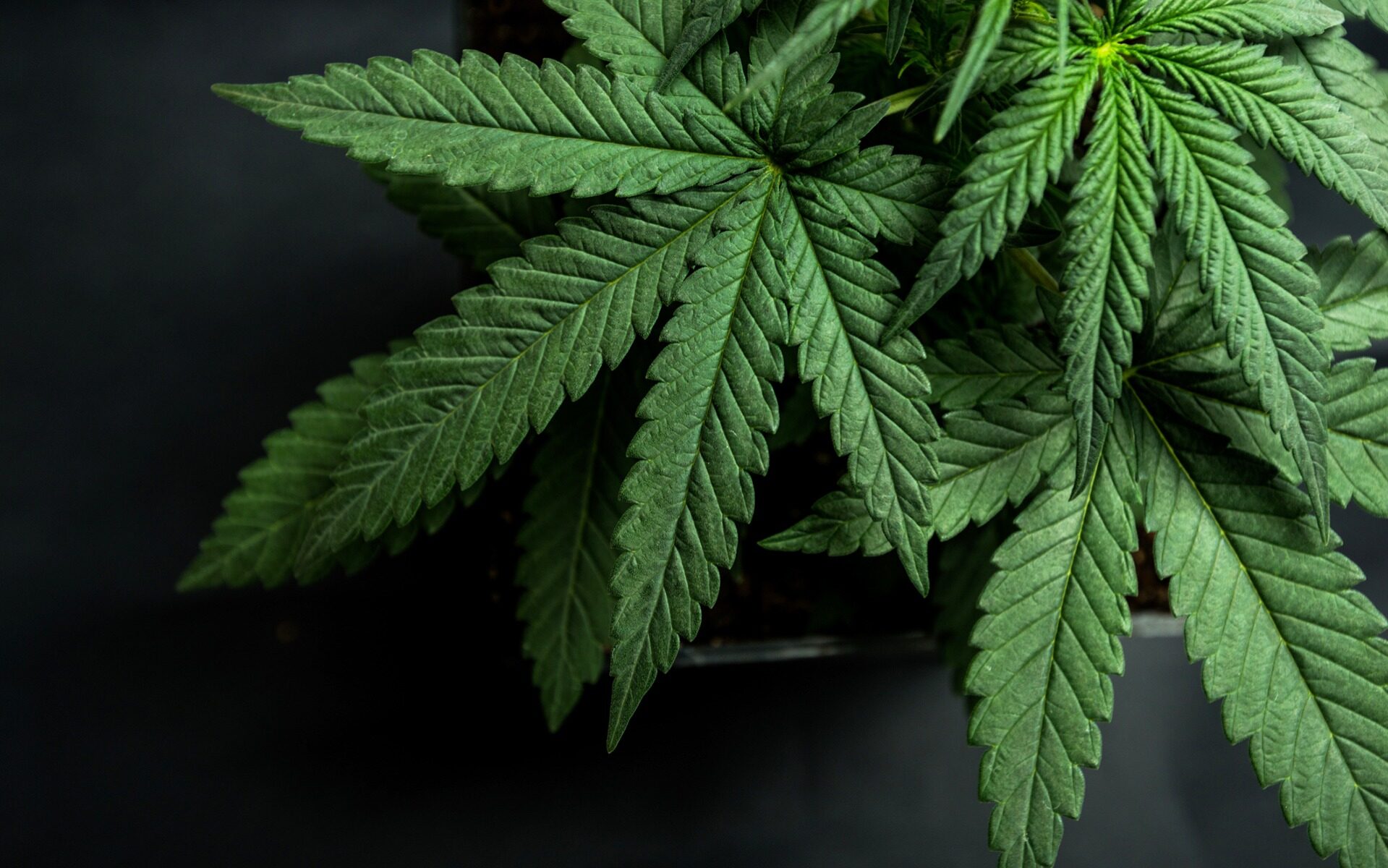
To have a broader view of all potential of CBD on your health, we want to describe the three most popular types of CBD extracts available on the market. Each type has a specific extraction method that causes it to contain or omit certain hemp components. Some are extracted with a liquid solvent such as alcohol, natural plant oils or supercritical carbon dioxide.
Please, keep in mind that various options of extracts are not more or less superior but rather intended for different needs.
CBD isolate
If you strike for purity and the highest concentration of CBD – an isolated form of CBD is the right choice for you. During the extraction process, all components of the cannabis plant are removed, while CBD is the only “isolated” cannabinoid that is left.
CBD is considered to be an isolate when the concentration level is over 99.5 per cent. High-quality products can contain up to 99.9 per cent of CBD. Still, when looking at isolates, do not forget to verify the purity of the extract by asking the producer to show the lab tests, as it may still contain some traces of psychoactive THC.
Broad-spectrum CBD oil
Broad-spectrum CBD oil is perfect for people that want to use all the benefits of cannabinoids and terpenes as from full-spectrum but prefer THC-free options. As simple as that. During the extracting process traces of THC are isolated and then removed, while other compounds are still preserved.
Full-spectrum CBD oil
Full-spectrum CBD oil is a purified decarbonised extract, which contains a full range of cannabinoids, terpenes and essential oils. That all together gives a synergetic therapeutic effect. THC and CBD – the most well-known compounds in full-spectrum CBD oil that are praised for their numerous therapeutic effects.
When looking at other chemical components of full-spectrum, it depends on the raw material. Still, mostly it has a different cannabinoid profile and includes cannabinoids such as CBN (Cannabinol), CBG (Cannabigerol), THCV (Tetrahydrocannabivarin) and some others in various percentages.
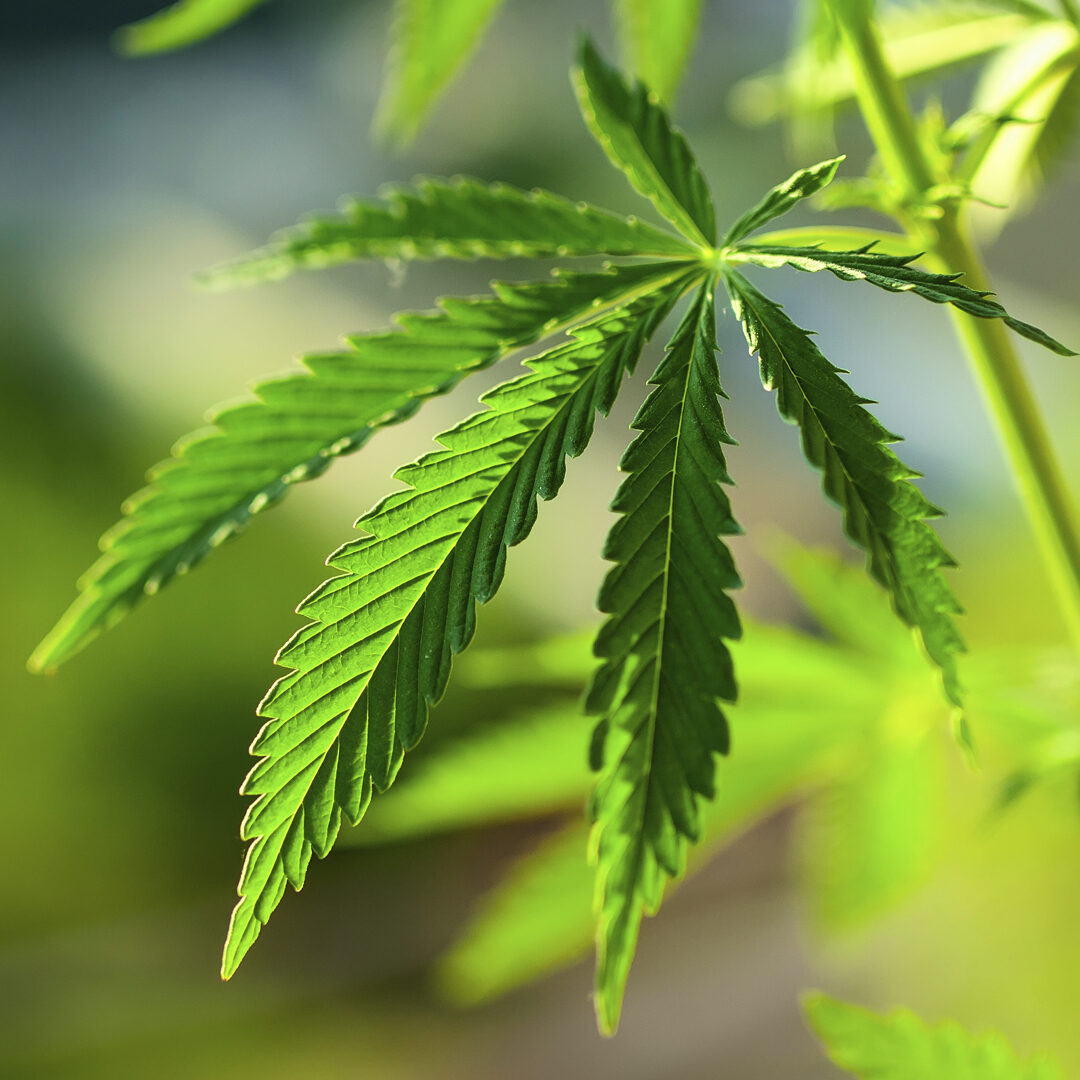
- CBN (Cannabinol) is a byproduct of the breakdown of THC. However, it is not considered to have the same psychoactive properties as THC. According to some researchers, large amounts of CBN could be considered mildly psychoactive, but it is confirmed that CBN does not produce the psychoactive effects THC is famous for.
- CBG (Cannabigerol) was first discovered in the 1960s. CBG is the precursor from which all other cannabinoids are synthesised. For that reason, it’s considered to be the “mother” of cannabinoids. This unique natural compound has enormous therapeutic potential and recently became a subject of great interest in the scientific world. CBG is considered to be the “Rolls Royce of all cannabinoids” as its production is pretty expensive and takes thousands of pounds of biomass to create a small amount of pure material.
- Up until now, THCV or Tetrahydrocannabivarin was the most mysterious component in comparison to others mentioned above. It is non-psychoactive, and some researchers claim that THCV is associated with possible feelings of increased energy, euphoria and decreased feeling of hunger.
At the University of Buckingham UK, researchers conducted a double-blind placebo study, which showed that fasting blood sugar levels in mice, that had been given THCV, were much lower than a corresponding cohort group with no adverse effects on glucose levels.
We know what question you have on your mind: is there a possibility to get “high” on full-spectrum CBD oil? Full-spectrum products typically have higher THC levels than products with other types of extraction. Such products contain legally allowed amounts of THC (40 mg may increase eye pressure).
In case you were wondering: it is impossible to get addicted to full-spectrum CBD products.
The consumption is considered to be non-toxic, even when consumed in large doses. There were no cases of overdose registered that could lead to serious health problems. According to the World Health Organization: even regular consumption of large doses is well-tolerated.
Conclusion
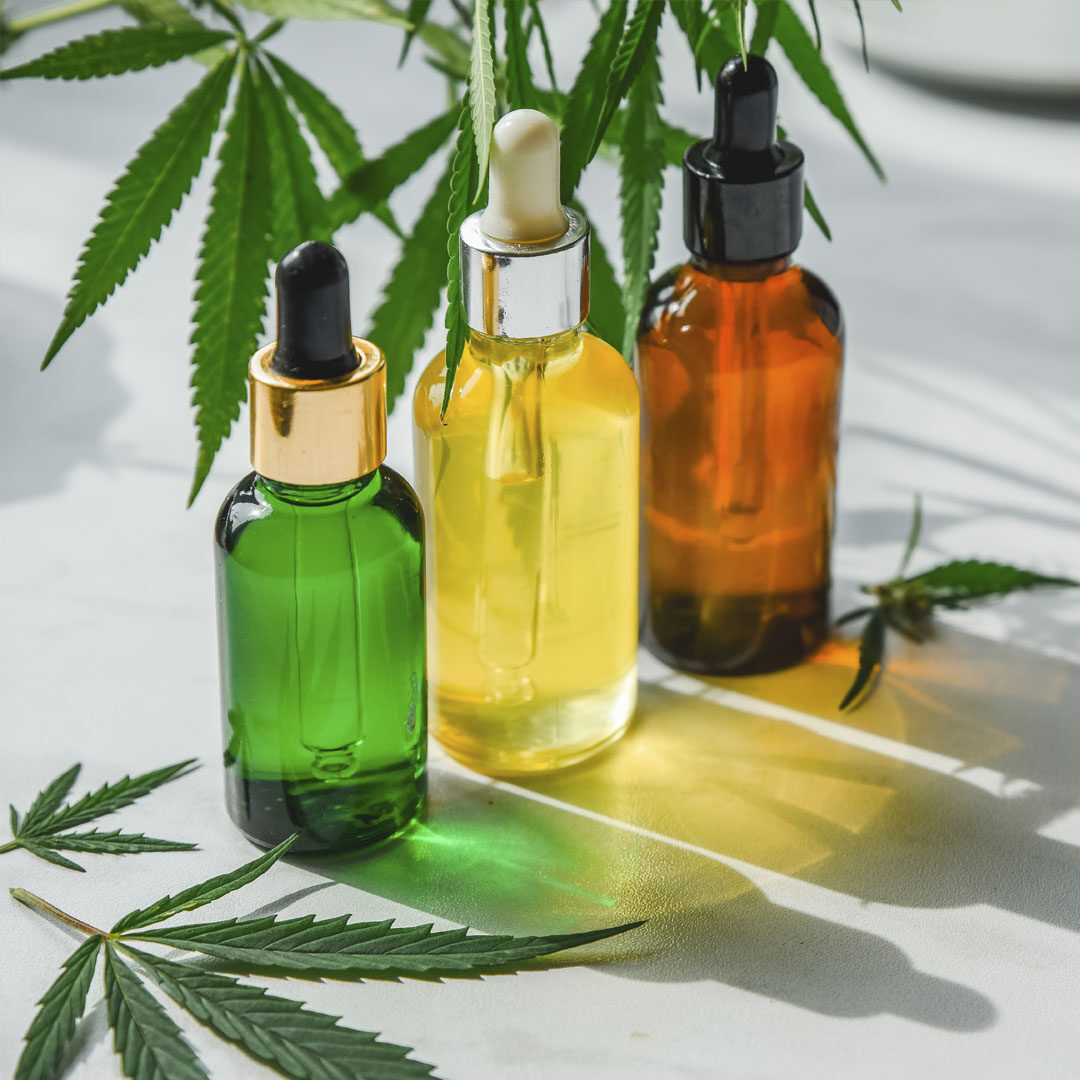
To draw a line in our research on full-spectrum CBD oil and its healing properties, we would like to highlight the main points that we already mentioned above.
Full-spectrum CBD oil is a rich source of CBD, THC and other natural compounds with great healing potential. It is scientifically proved to have anti-inflammatory, neuroprotective and antioxidant properties.
There are a few reasons why full-spectrum outstands CBD isolate and broad-spectrum. First of all, the greater variety of chemical compounds provides more healing power. Secondly, CBD loses its potential when being separated from other cannabinoids and terpenes. And the most pleasant advantage: in comparison to other types, full-spectrum CBD oil has a subtle flavour thanks to aromatic terpenes molecules.
Most importantly, many people with different health problems can find a safe solution by using CBD oil. Arthritis, alcohol addiction, neurological diseases, chronic pain, cancer, depression – this is a short list of health issues that can be cured, or at least improved with the integration of full-spectrum CBD oil into daily consumption.
Nature is the most trustworthy healer. A few drops of oil per day might change your life drastically. The only thing you need to do: consult a doctor and calculate an approximate dosage with further adjustments. Give it a try, and the changes will not be long in coming.

Anastasiia Myronenko
Anastasiia Myronenko is a Medical Physicist actively practicing in one of the leading cancer centers in Kyiv, Ukraine. She received her master’s degree in Medical Physics at Karazin Kharkiv National University and completed Biological Physics internship at GSI Helmholtz Centre for Heavy Ion Research, Germany. Anastasiia Myronenko specializes in radiation therapy and is a fellow of Ukrainian Association of Medical Physicists.